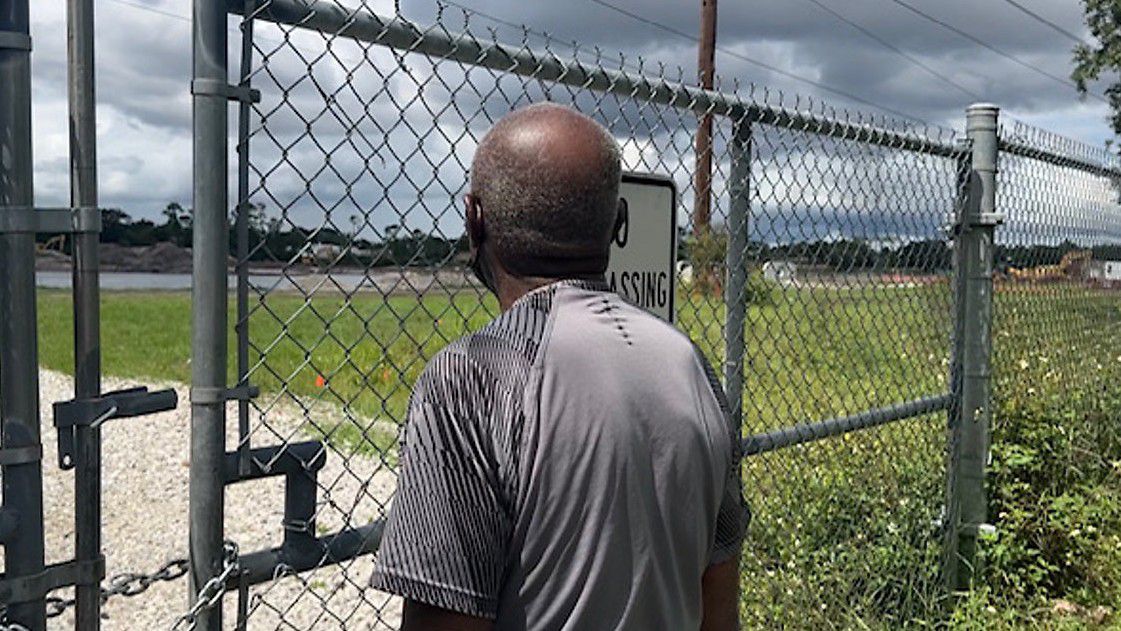ORANGE COUNTY, Fla. – This year marks the 30th anniversary since the introduction of the Americans with Disabilities Act, which ensures fair and equal access for those living with disabilities.
What You Need To Know
- Tom Ross is a now-retired attorney
- Years earlier, Ross won his own battle to help those with disabilities
- The Americans with Disabilities Act turns 30 this year
- RELATED: Paralympian on ADA: "I Can’t Think of an Area It Hasn’t Helped"
In the years since, many positive changes have been made to better serve the millions of Americans living with a disability. One Orange County man has helped others with visual disabilities in the courtroom after winning a battle of his own years earlier.
After practicing law in Central Florida for decades, now-retired attorney Tom Ross had gotten used to being treated fairly and equally inside the courtroom. So it came as a shock going into the Orange County courthouse years earlier, representing a friend in a case against the city of Windermere when he asked for documents filed in the case to be sent in a different format — only to hear “no.”
“I even talked with the folks over at the town of Windermere to tell them to tell their lawyer to do the courteous thing, the professional thing, and let me read the document that they were filing. All of them said no, they weren’t going to do it,” Ross said.
After being blinded years earlier in an accident, Ross was still able to successfully practice law for years, helped by a software that scans Word documents and reads the text aloud to him.
But the software cannot read PDFs. So again, he asked the opposing side’s attorneys, the judge, and the clerk of courts for the files as Word documents but was still denied.
“Yes, I was very surprised, and I was offended by it,” Ross said.
When Orange County wouldn’t act, Ross decided to call the Department of Justice civil rights division.
Right away, Ross said, they got involved to help.
In 2014, the DOJ sent an order to the Orange County Clerk of Courts, ordering them to provide the requested documents for Ross, allowing him to move forward in court and eventually win his case.
But the order also stood to help others in similar situations.
“Now, henceforth and ever forward, upon the request of a visually handicapped person or receipt of such materials in a format that would be readable by that person, they would do it, they would have to do it and they would do it at their cost and expense,” Ross said, describing the order from the DOJ.
While Ross’s case is a victory for him and others living with disabilities, he and others think there’s still more work ahead even as the nation marks 30 years with the protections from the Americans with Disabilities Act.
“While we have accomplished a lot over the last 30 years, we’ve got a long way to go,” said Kyle Johnson, president and CEO of Lighthouse Central Florida, a nonprofit serving the blind and visually impaired.
One in four Americans lives with a disability, according to the Centers for Disease Control and Prevention. And seven of 10 Americans who are blind are unemployed, according to the National Federation of the Blind.
Johnson said more needs to be done to address that.
“You’ve historically had people with disabilities be overlooked and not included, not only in our community and our society but in the workplace," Johnson said. "So establishing guidelines and law that is there to protect them is so critical, and I would say it’s only gained importance over the years."
Lighthouse, together with Ross and his wife, JoEllen, have worked to change that, helping establish Lighthouse Works. It now employs more than 100 people, nearly three-quarters of which are blind or visually impaired, according to Johnson.
“We started a call center and supply chain right out of the box, and Mr. Ross and JoEllen were vital to getting that off of the ground and to help guide us,” Johnson said.
Cutting down on the stigma and increasing awareness of disabilities can help to move the needle forward, Johnson said.
There's power in advocating for those with disabilities, Ross said. That drive over the years has helped bring specialized technology into movie theaters for the blind, software to computers and websites that better allow those with disabilities to surf the internet, finding ways to greatly improve the quality of life for those with disabilities.
For Ross, there's a victory here in Central Florida, too, knowing that after winning his own fight, now any documents requested from the Orange County Clerk of Courts are now accessible to all.
“It is a good feeling,” Ross said.









